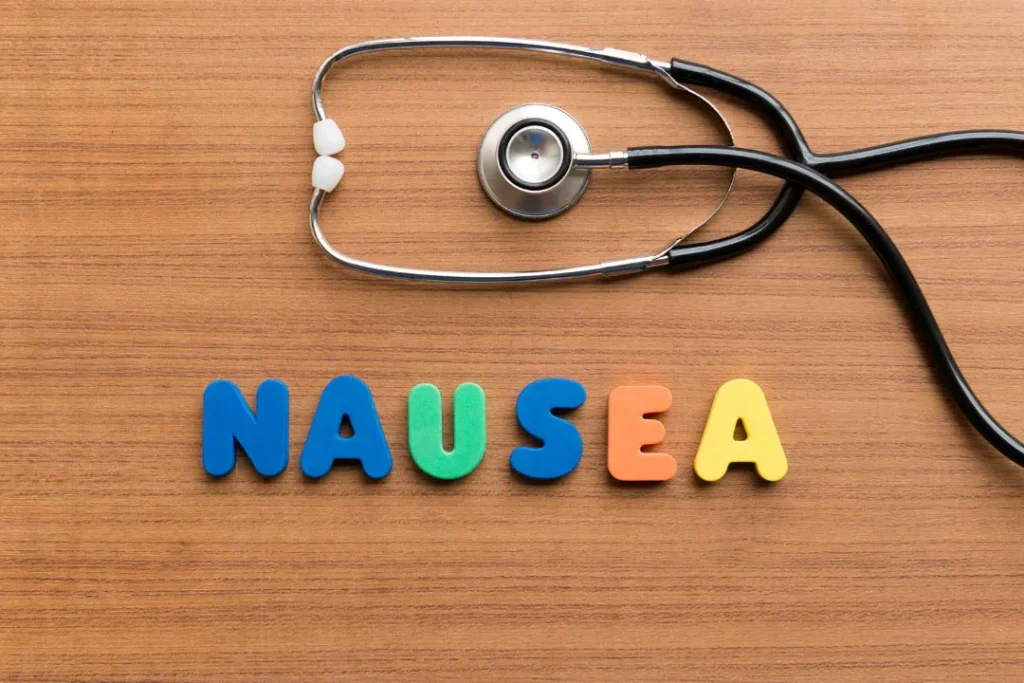The garcinia genus is a family of tropical evergreen trees and shrubs native to Asia and Africa. Garcinia cambogia, a little fruit with a pumpkin-like form known as malabar tamarind, has drawn a lot of interest for its possible health advantages and usage in weight control. This in-depth analysis explores the nature of garcinia, its health advantages, the best dosage, side effects, drug interactions, and responsible dietary supplement use.
You May Also Like:
5 Great Nootropic Herbs for Focus and Mental Clarity
A Nootropic Herb for Cognitive Enhancement: Discover Bacopa Monnieri Benefits and Side Effects
Garcinia: Benefits, Dosage, Side Effects, Drug Interactions, and Other Important Information is an original (NootropicsPlanet) article.
Nature of Garcinia
About 200 species of flowering plants in the genus garcinia family are home to Asia, Australia, Southern Africa, and Polynesia. The garcinia cambogia species, well-known for its powerful bioactive chemicals, grows in Southeast Asia’s and India’s coastal areas. The yellow or green fruit has a sour flavor and is usually used for traditional cooking and healing.
Hydroxycitric acid (HCA), located in the fruit’s rind, is the main active ingredient of garcinia cambogia. HCA has been the focus of several scientific investigations because of its possible benefits on appetite control and weight management.
Health Benefits of Garcinia
Weight control: Garcinia’s involvement in weight control is its main source of health benefits. HCA is the ingredient in garcinia cambogia, that prevents an enzyme called ATP-citrate lyase from converting carbs into fats in the body. HCA can lessen fat accumulation by blocking this enzyme, limiting weight gain.
Serotonin is increased by HCA in the brain, which results in an appetite suppressant. Serotonin levels then rise, which not only enhance mood but also lessen emotional or stress-related eating.

Chemistry of Garcinia
Hydroxycitric acid (HCA) is the main active component of the garcinia cambogia plant and is an abundant source its health advantages. HCA is a citric acid derivative that is in the fruit’s rind. The two isomers (-)-hydroxy citric acid and (+)-allo-hydroxycitric acid combine to form it.
Flavonoids, xanthones, and benzophenones are additional phytochemicals found in garcinia cambogia that have antioxidant characteristics. The potential therapeutic benefits of these bioactive chemicals, which include anti-obesity and anti-diabetic actions, have attracted attention.
Physiological Properties of Garcinia
HCA is linked to the garcinia supplement’s principal physiological activity.
Adenosine triphosphate-citrate lyase, also known as ATP citrate lyase, is an enzyme that the body uses to synthesize fatty acids. HCA acts by blocking this enzyme. The transformation of citrate into acetyl coenzyme A is an important stage in the production of fatty acids, which depends on this enzyme. HCA helps with weight loss and fat accumulation by blocking ATP citrate lyase, which decreases the availability of acetyl coenzyme A for fatty acid synthesis.
HCA can improve serotonin availability in the brain, which can suppress appetite. Serotonin is a neurotransmitter that is important for controlling hunger and mood. When serotonin levels rise, the body will feel a decrease in hunger, which is how it helps manage weight loss.
Effects on Diabetes: Research suggests that HCA can have beneficial effects on diabetes. Though further study is required to confirm these results, it has proven to increase insulin sensitivity and glucose metabolism.

Optimal Dosage of Garcinia
Several variables, including your age, health, and other medical situations can affect the dose of garcinia pills. However, 500 mg to 1500 mg taken before meals, up to three times a day, is the most frequently advised dosage for garcinia cambogia, which is standardized to contain 60% HCA. It is important to remember that no dosage should ever be more than 500 mg.
Side Effects of Garcinia
Supplements containing garcinia cambogia can cause side effects despite their claimed advantages. Digestion-related problems, including nausea, pain, and diarrhea, have been reported by some people. Headaches, rashes, and symptoms of the common cold are among more possible side effects.
Garcinia cambogia has been rarely linked to more serious side effects in certain people, including anxiety, exhaustion, dizziness, liver failure, and brain fog. Garcinia cambogia pills should be taken cautiously, especially if you have current medical issues or are using other drugs.

Potential Substance Interactions
Certain medications used for asthma and allergies, diabetes, iron supplements, warfarin, statins, and some psychiatric meds, can interact with garcinia cambogia. Garcinia can also affect diabetes therapy since it lowers blood sugar levels. When you use it with medications like warfarin, it can raise the risk of bleeding.
Combining garcinia supplements with statins is problematic since both garcinia and statins can lead to rhabdomyolysis, the breakdown of muscular tissue. Before beginning any garcinia supplement, it is advised to speak with your healthcare provider, especially if you are already using medicine.
Best Responsible Use
Garcinia cambogia provides intriguing prospective health advantages, especially in terms of hunger control and weight management. Understanding the nature of garcinia, its active ingredients, the ideal dosage, and any potential side effects is essential to maximizing these advantages. Although the hydroxycitric acid in garcinia can help with hunger control and fat metabolism, there are also some possible side effects and interactions. Garcinia cambogia should be taken safely, ideally with the advice of your healthcare professional, as with any dietary supplement.
Garcinia:
Conclusion
If you are interested in taking a natural supplement that aids in digestive health, joint pain relief, and weight management, garcinia is one of the best supplements to take. Not only does it help with these aspects, but it can also help to improve your athletic performance if you decide to use it as you begin your journey for weight loss, staying active, and remaining healthy. However, this natural supplement is also linked to liver probelms, so be sure to talk to your doctor before beginning garcinia supplementation, especially if you have any liver issues.

References:
- Updates on Antiobesity Effect of Garcinia Origin (-)-HCA. Retrieved From: https://www.ncbi.nlm.nih.gov/pmc/articles/PMC3424601/
- An overview of the safety and efficacy of a novel, natural(-)-hydroxycitric acid extract (HCA-SX) for weight management. Retrieved From: https://www.sciencedirect.com/science/article/pii/S027869150400331X
- Long-term effects of Garcinia cambogia/Glucomannan on weight loss in people with obesity, PLIN4, FTO and Trp64Arg polymorphisms.link:https://bmccomplementmedtherapies.biomedcentral.com/articles/10.1186/s12906-018-2099-7
Important Note: The information contained in this article is for general informational purposes only, and should not be construed as health or medical advice, nor is it intended to diagnose, prevent, treat, or cure any disease or health condition. Before embarking on any diet, fitness regimen, or program of nutritional supplementation, it is advisable to consult your healthcare professional in order to determine its safety and probable efficacy in terms of your individual state of health.
Regarding Nutritional Supplements Or Other Non-Prescription Health Products: If any nutritional supplements or other non-prescription health products are mentioned in the foregoing article, any claims or statements made about them have not been evaluated by the U.S. Food and Drug Administration, and such nutritional supplements or other health products are not intended to diagnose, treat, cure, or prevent any disease.


